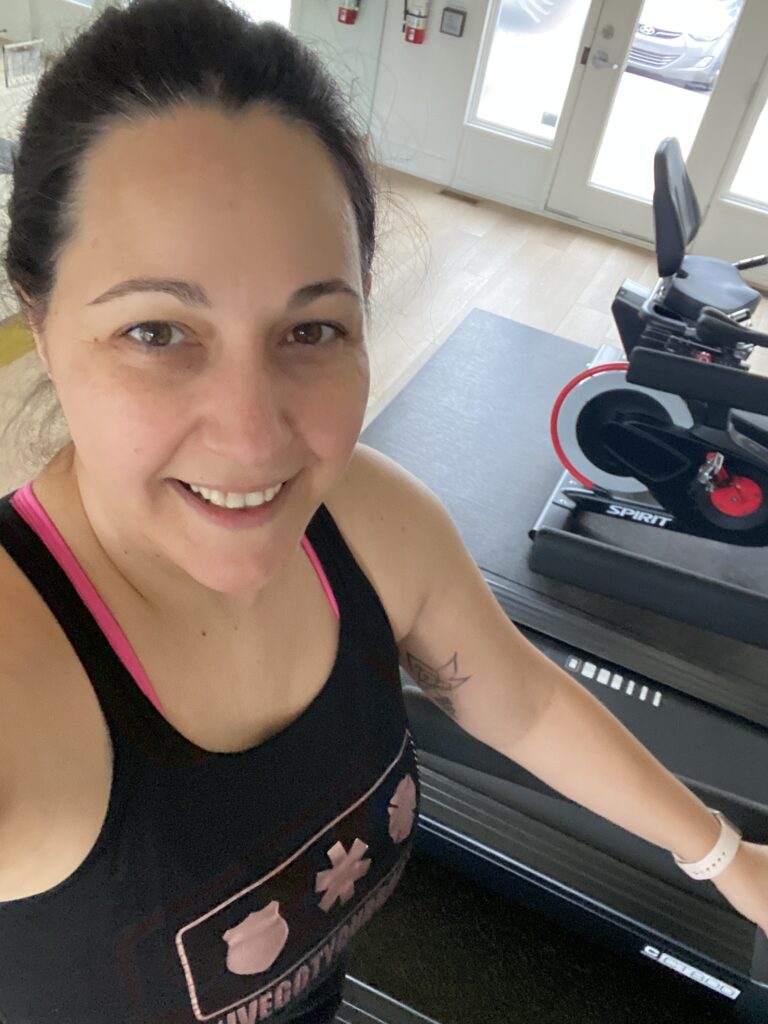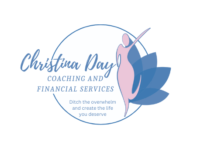Hey there, health enthusiasts! Today, let’s take a deeper dive into the health and fitness routine of a not so typical health coach – yours truly. Buckle up for a journey filled with veggies, workouts, occasional ice cream, and a whole lot of self-love.
Ditching the Meal Plan and Diet Drama:
I go through phases where I meal plan, (and yes, I’ve tried various diets in the past) but it’s one thing I tend not to stick to well. I don’t do well with anything rigid, I’d rather keep things as simple as possible. Simplicity in nutrition isn’t just a preference; it’s a deliberate choice. By steering clear of rigid meal plans and diets, I embrace a more flexible approach that aligns with real life. I loosely plan what proteins I will incorporate into my meals each week before I go grocery shopping, as well as aiming to try different veggies as much as possible to increase variety in my diet. The goal of consuming 30 different veggies and fruits weekly isn’t just about variety; it’s a nutritional jackpot. Each colour and type brings a unique set of vitamins, minerals, and antioxidants, providing my body with a diverse range of nutrients. The inclusion of fermented goodies like pickles and kimchi adds not only flavour but also gut-friendly probiotics, contributing to a healthier digestive system. And spices count towards the 30 too!
Ensuring protein at every meal isn’t just a fitness mantra; it’s crucial for muscle repair, energy balance, and satiety. While meeting my daily requirement of over 100g is a challenge, this commitment to protein helps in maintaining and building lean muscle mass.
Snacking, when it happens, isn’t just about curbing hunger; it’s a strategic move. Combining carbs with protein, like apple with peanut butter or nuts, provides a sustained release of energy, keeping me fuelled and focused throughout the day. I wore a continuous glucose monitor for a couple weeks as part of an experiment, and I noticed a huge glucose spike when I ate fruit alone (and then I’d be hungry again soon after).
Intermittent Fasting and 20-Minute Workouts:
Embracing intermittent fasting isn’t just a trend; it’s a lifestyle choice backed by science. I aim for 14-hour fasting window at least 4 times per week to help regulate insulin sensitivity, support weight management, and cellular repair processes during the fasting period. The easiest way to do this is to not eat a late dinner, and have nothing but an herbal tea later at night, then breaking the fast a couple hours after waking up. This is more in line with circadian fasting, which is a more natural and more effective way for our bodies to fast (you eat when the sun is up, and stop eating when the sun goes down). I don’t ever starve myself, I find as long as I’m eating plenty of nourishing meals during the day, I don’t ever get hungry when I fast.
I try to work out for an average of 20 minutes per day, 5 times a week, although there are occasional weeks when I’m happy to be able to get one or two good workouts in. I do hit the gym on the rare occasion (I don’t have a membership anymore), but my favourite way to work out is using the FitOn app. My varied routine, from yoga to HIIT and weight training, ensures a holistic approach to fitness. Short walks around the neighbourhood when I’m working from home, and running around the ER on days that I’m working in the hospital aren’t just about burning calories; they promote overall well-being and combat the negative effects of prolonged sitting.
Balance is the Key, Not Perfection:
The imperfection in my dietary choices isn’t a flaw; it’s a conscious acceptance of the ebb and flow of life. I don’t have a label for it, such as intuitive eating, although I feel like I do practice that more often than not. Indulging in ice cream or other desserts, and the very occasional carb feast isn’t just about pleasure; it’s a celebration of enjoying food without guilt. The emphasis on real, whole foods over highly processed options isn’t just a trend; it’s a commitment to providing my body with nourishment that goes beyond mere calories. Although if I’m being honest, I’ve noticed that the times I do endulge too much I feel like crap afterwards, so I tend to do that less and less nowadays.
Eating until 80% full isn’t just a portion control tactic; it’s a mindful approach that prevents overeating, promotes digestion, and fosters a healthy relationship with food. Slowing down during meals isn’t just about avoiding multitasking (this is perhaps the hardest one for me); it’s a practice in savouring and appreciating the sensory experience of eating.
I always struggle to drink more water, but I hardly ever drink anything else other than coffee or tea. Being a shift worker, I average 2 coffees per day, but that’s better than I used to be!
Listening to My Body:
The range in my workout intensity isn’t just a whim; it’s a response to what my body needs. Tuning in and listening isn’t just a skill; it’s a fundamental aspect of self-care. Sometimes my body (or more accurately, my soul), needs yoga or a walk in nature. Other times I need to push myself with weights and really break a sweat. When I’m feeling extra lazy, I tell myself just 10 minutes on the elliptical will be enough. I throw on a good podcast, and I find I can do more than 10 minutes. While the weight on the scale might not reflect my ideal number, the shift in body composition isn’t just about aesthetics; it’s an indicator of increased strength, energy levels, and improved overall health.
Shifting Focus:
Am I where I would like to be weight wise? Heck no. In my mind, I still have 20lbs to lose, the same 20lbs I’ve been carrying around since the beginning of Covid. But my body composition has changed. I’m stronger (aka I know I have more muscle mass), and I no longer deal with bloat on a daily (or even weekly) basis. I have more energy. I sleep better (usually.. working night shifts messes everything up for me). I decided that instead of focusing so much on the scale, I’m going to focus on how my clothes fit, how much more weight I can lift, how much more energy I have (without needing to drink more coffee), and set my goal as going down one pant size, regardless of weight.
So, here’s to a health coach’s not-so-picture-perfect journey – filled with veggies, workouts, and the occasional indulgence, each serving a purpose beyond the surface. Because, let’s face it, life’s too short to skip the ice cream! Cheers to a balanced and joyful approach to health and fitness. 🥦💪🍦

Key take-aways…
- Eat whole foods, and aim for a large variety of vegetables and fruit, including fermented foods and a variety of spices
- Eat more protein
- Move every day, and make sure you have some strength training as part of your routine
- Stay away from fad diets, they never work long-term
- Eat with the sun (circadian fasting)
- Stop eating when 80% full and listen to your body
- Don’t drink your calories, drink more water instead
